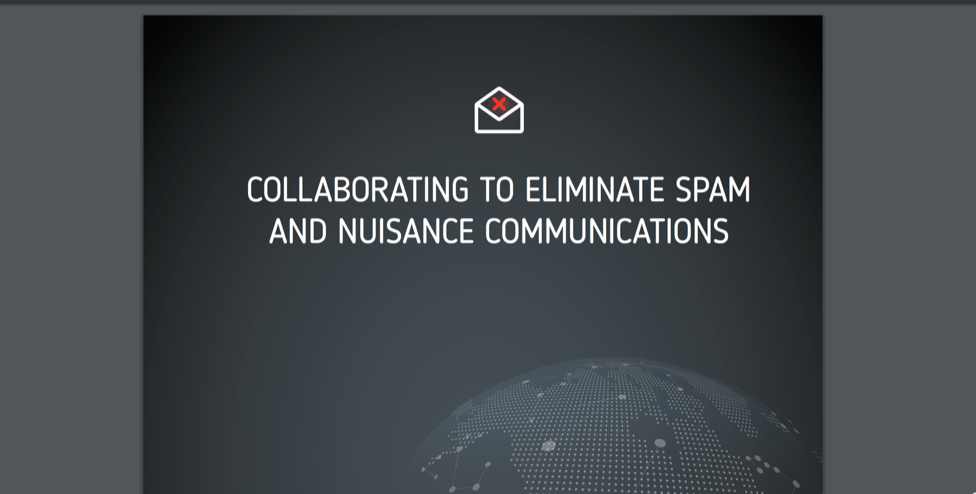What are the best ways to reduce spam? How can we work together to reduce this threat and create a more trusted Internet?
Last October, in the vibrant city of Bangkok, the Internet Society joined regulators for an in-depth conversation about how to eliminate spam and its harmful effects. Our kind hosts were the Canadian Radio-television and Telecommunications Commission (CRTC) and the International Institute of Communications (ICC).
The CRTC has published a comprehensive and insightful report on the workshop, capturing the key issues, observations, and ways forward. We encourage you to read it carefully. First and foremost, take note of the answer to “why act now?” – it’s a shared responsibility.
This principle lies at the heart of the Internet Society’s Collaborative Security approach. We have a collective responsibility to care for the Internet for everyone.
Spam is not just a nuisance: it’s a vector for malware, fraud and attack. Gone are the days when spam was just an unwanted email. Today, spam is big business.
Spammers are continually adapting their activities to find new ways to: exploit users; maximize their profits; and avoid law enforcement. Two areas of increasing concern are botnets and ransomware, both of which are propagated by spam. Europol’s Serious and Organised Crime Threat Assesssment for 2017 states that ransomware has become “… the leading malware in terms of threat and impact”. And, one only has to look about to the 2016 Mirai botnet DDoS attacks to understand the risk they pose to the stability of the Internet.
Eliminating spam requires efforts on all fronts: legal, technical, economic and social. It’s a problem that will need a collection of solutions, carried out through collaboration across borders and across disciplines.
What can governments do? Governments can contribute to combatting spam and its harmful effects by:
- deterring bad actors through law and enforcement
- empowering citizens to avoid the dangers of spam
- fostering cross-discipline anti-spam efforts
- encouraging anti-spam best practices
- supporting anti-spam research.
What can you do? Join the fight against spam. Go to our anti-spam toolkit to find out what you can do to protect yourself and others.

